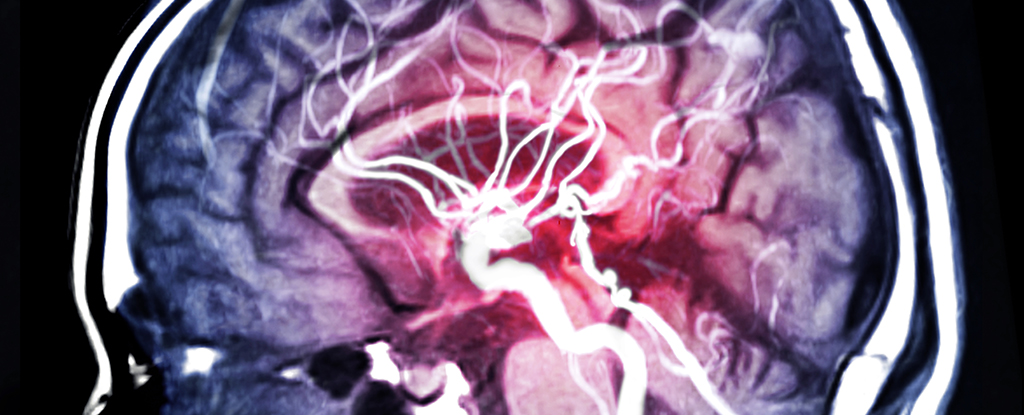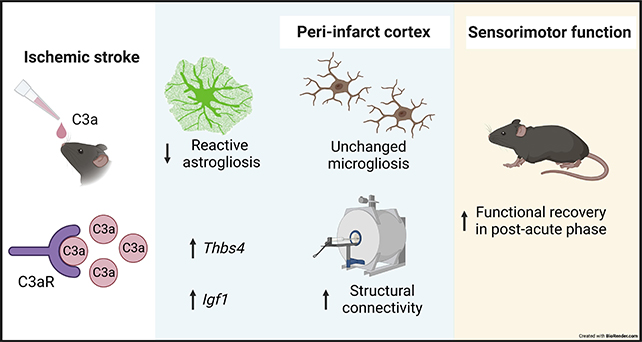Special Nasal Drops Could Help The Brain Recover After A Stroke

Scientists have demonstrated how nasal drops containing a particular molecule can help mice recover from the damaging biological consequences of a stroke – and the hope is that the treatment could eventually be transferred to humans.
Crucially, the treatment isn’t applied straight away but is initiated seven days after the stroke. That means those who are unable to be assisted immediately after a stroke could still be protected against the worst effects of the condition.
The key molecule in the drops is the complement peptide (a chain of amino acids) C3a, which we already know plays an important role in the body’s immune system, as well as in the development and plasticity of the brain.
“With this method, there’s no need to race against the clock,” says neuroimmunologist Marcela Pekna from the University of Gothenburg in Sweden.
“If the treatment is used in clinical practice, all stroke patients could receive it, even those who arrive at the hospital too late for thrombolysis or thrombectomy. Those who have remaining disability after the clot is removed could improve with this treatment too.”
The delay is actually deliberate. Applied too early, the C3a peptide can increase the number of inflammatory cells in the brain, where they would start doing more harm than good.
Scientists induced an artificial ischemic stroke, the most common type of stroke there is, in mice. After a week, however, the nasal drops proved to help mice recover motor function faster and more completely, compared to a placebo group.

The new study also gives us a better idea of the effect of C3a on the brain. MRI scans revealed that the peptide helped to increase the number of connections between nerve cells in the brains of the mice.
“Our results show that the C3a peptide affects the function of astrocytes – that is, cells that control many of the nerve cells’ functions in both the healthy and the diseased brain – and which signals astrocytes send to nerve cells,” says neuroscientist Milos Pekny from the University of Gothenburg.
The study builds on previous work by some of the same researchers into how the C3a peptide can protect against and reverse stroke damage. That they were able to repeat their results demonstrates the potential of this particular approach.
Some 7.6 million people a year experience an ischemic stroke, with more than half then going on to develop some kind of physical or mental impairment as a result: a loss of voluntary movement in an arm or a leg, speech disturbances, or issues with depression and anxiety.
Nosal drops with the C3a peptide could make a massive difference in those figures – though we’re going to have to make sure that the treatment is viable in humans as well as mice first. We can add it to the list of several possible options researchers are exploring.
“Our ambition is to develop the method to make it usable in clinical practice, but to get there, and especially to be able to carry out the necessary clinical trials, we need to team up with a partner in the pharmaceutical industry,” says Pekna.
The research has been published in the Journal of Clinical Investigation.
Source : 1